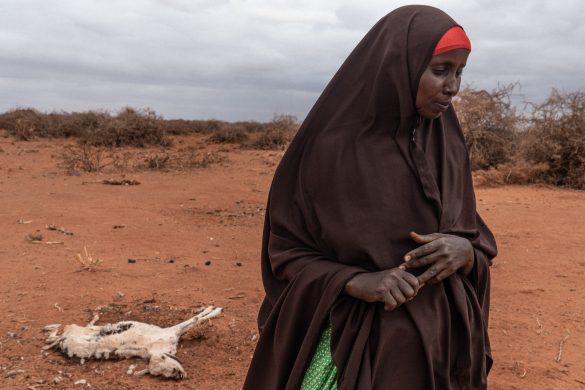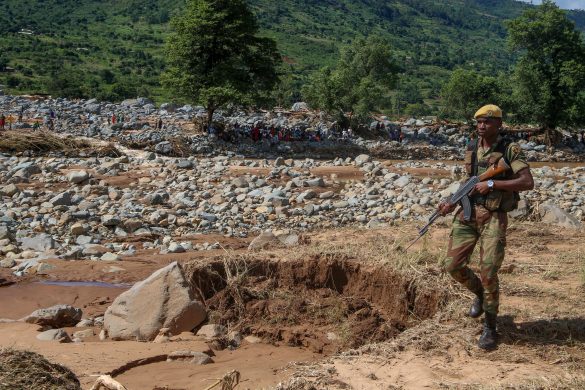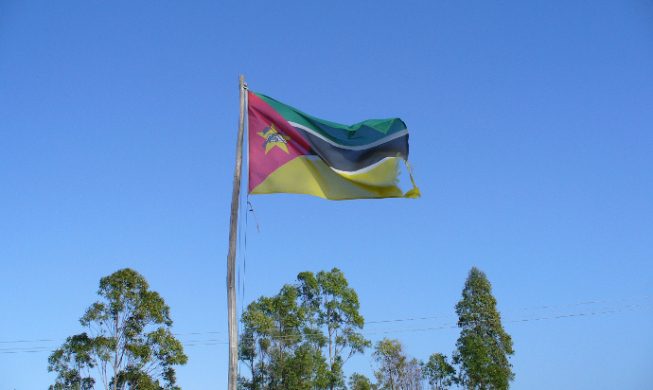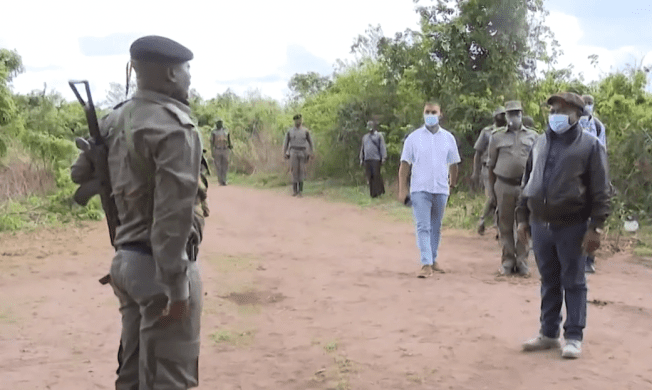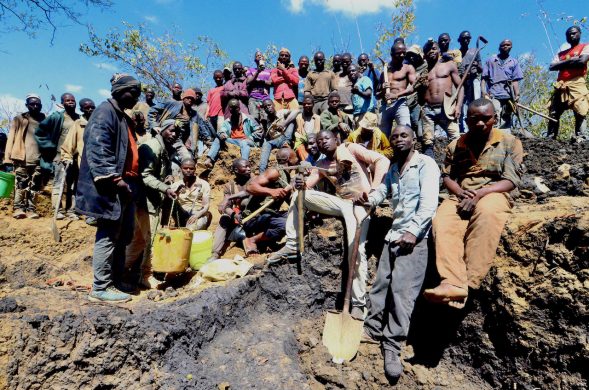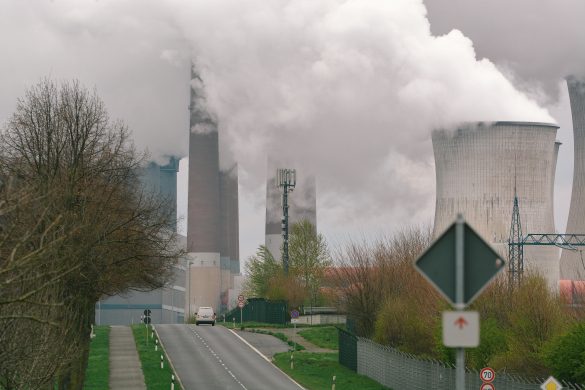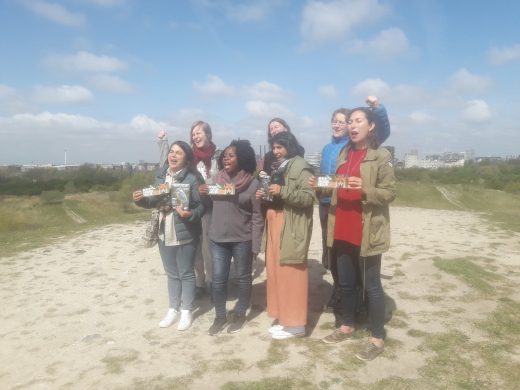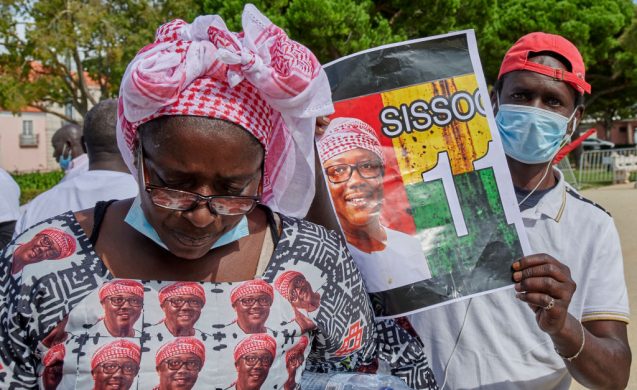Sådan er det gået i Mozambique i Sydøstafrika, hvor fyrreskove skulle brede sig i en fjern provins, men bønderne på stedet blev ikke spurgt og rykker de små træer op med rode og saboterer de velmenende skandinaviske kirkefolks projekt.
NIASSA, 22 May 2013 (IRIN): A multi-million dollar “ethical” (etisk rigtig) plantation development in northwestern Mozambique – the initiative of a clutch of Scandinavian faith-based (religiøse) organizations – has faced alleged acts of sabotage by the very people it was designed to assist, illustrating the divisions between foreign benefactors (velgørere) and local communities.
The company Chikweti Forest conceded (erkendte) in a recent environmental impact assessment that the land dispute was rooted in the initial (indledende), failed, consultation process, which did not involve either an entire community or neglected to consult others that were to be affected.
Local authorities, NGOs and Chikweti Forests are now engaged in a conflict resolution process with those affected by the project.
Chikweti Forests is owned by the Global Solidarity Forest Fund (GSFF), a Swedish-based investment fund founded in 2006 by
* Sweden’s Diocese (stift) of Västerås,
*the Opplysnings-vesenets fond (OVF, a national Norwegian church fund) and
* the Norwegian Lutheran Church.
The goal is community development and poverty alleviation. The GSFF has several investors, the largest being the Dutch public-sector pension fund Stichting Pensioenfonds ABP.
The fund aims to create a 100.000-hectare pine (fyr) and eucalyptus plantation in the Lichinga Plateau, near Lake Malawi, which is seen as a large-scale, sustainable investment in the country’s largest and least populated province.
The initiative intends to provide a return (gevinst) for investors while also improving community livelihoods.
About 15.000 hectares of the plantation have so far been planted.
Sabotage
But about a year after Chikweti’s launch, reports of arson (brandstiftelse) and uprooted saplings (unge træer) began to emerge.
Chikweti estimates that between 2007 and 2012, the company lost one million US dollar (5,45 mio. DKR) to fires – 60 percent of these fires are thought to have been criminal and the remainder accidental. The highest number of fires to date occurred in 2012.
A September 2012 report by the human rights group FIAN said:
“In April 2011, peasants from Licole and Lipende uprooted and cut down some 60.000 pine trees on an area of 12 hectares with machetes and hoes (hakker), and destroyed some [company] equipment.”
Several people from the local community were subsequently arrested.
According to Mozambique’s land tenure system (love om ejendomsforhold), all land is owned by the state, although local communities have customary (hævdvunden) rights to it if they can prove usage for the past 10 years.
The FIAN report, citing research by the World Bank and the US-based think tank the Oakland Institute, said between 2004 and 2009, Mozambique transferred 2,7 million hectares of land to investors.
Foreign investors were granted one million hectares of these transfers, “73 per cent of which are for the forestry sector, and 13 per cent for agrofuels and sugar.”
The report noted that, in the absence (fravær) of a public land registry (ejendomsregister), “most contracts between investors and government are kept secret”.
Origins of dispute
Læs videre på
http://www.irinnews.org/Report/98077/The-anatomy-of-a-Mozambique-land-deal
Mere om Mozambique på
http://mozambique.um.dk og
http://en.wikipedia.org/wiki/Mozambique





